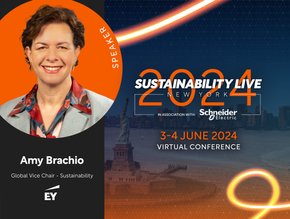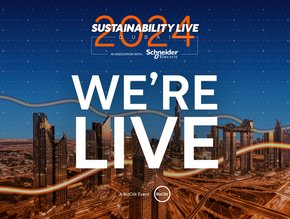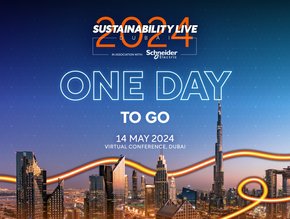How Meta is making data centres more sustainable
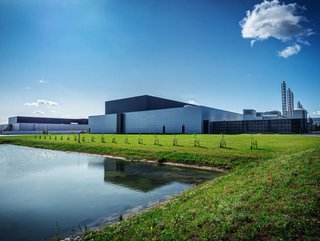
It’s almost 20 years since Facebook exploded into our lives and changed the very nature of social interaction. More than that, Instagram and What’sApp have joined Facebook in the Meta universe, used by billions of people around the world.
That phenomenal growth has required an equally significant amount of data processing and, with that, greenhouse gas (GHG) emissions.
So when Meta publishes its 2023 Sustainability Report, you know it is going to include some significant statistics and – to be fair to the Big Tech behemoth – signs that they are making meaningful progress towards their ambitious targets.
Meta’s global operations reached net zero emissions back in 2020 – backed by 100% renewable energy. Now the tech company is striving for net zero emissions across its value chain and becoming water positive throughout its operations. Not only that, but Meta wants to achieve these by 2030.
The annual report is introduced by Rachel Peterson, Vice President of Data Centre Strategy, and while she gives an overview of efforts across the entire business, we will dive deeper into the data centre challenges.
“Meta’s net zero in 2030 goal focuses on embedding sustainability into everything we do, whether designing products, commuting, selecting construction materials or working with suppliers to set their own net zero targets,” says Peterson.
“We know that reaching net zero emissions across our value chain will not be an easy task. Right now, our Scope 3 emissions are increasing and will continue to do so as we work to support the global demand for the services we provide.”
That is especially telling when you see that 99% of Meta’s carbon footprint in 2022 came from Scope 3, with Purchased Goods & Services accounting for 30% and Capital Goods 63%.
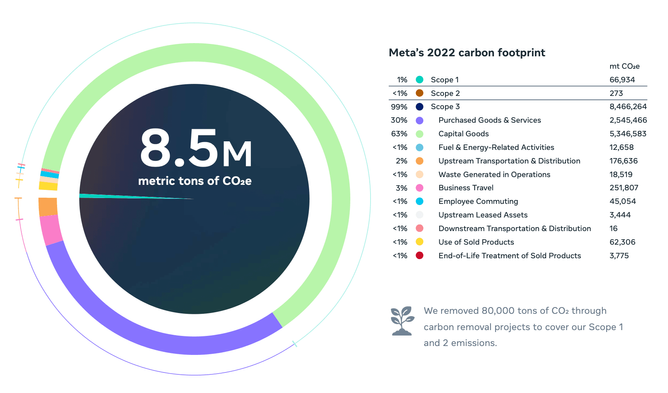
Meta to redesign data centres down to AI
Meta’s data centres generate the highest percentage of energy use, water use and GHG emissions, which is why increasing their efficiency is vital.
The approach to sustainability focuses on using less energy, water, unnecessary infrastructure, and waste. Then there is a focus on reducing environmental impact through renewable energy, water stewardship, circularity, and low-carbon alternatives.
“Our size and global reach give us the opportunity – and the responsibility – to drive sustainable change across our industry,” says Peterson.
“Our challenge, to transform our ambition into rapid decarbonisation, extends beyond our data centres and offices, including emissions from the server components our suppliers manufacture to our employees’ commutes.”
Meta says that its data centres are powered by 100% renewable energy and are among the most efficient in the world – with all of them earning at least a LEED Gold certification.
Looking to the future, Meta will redesign data centres to leverage AI and non-AI workloads – a move that it says will be more cost-effective and provide greater flexibility.
Meta’s Top 10 sustainability priorities for data centres
As part of the 2023 Sustainability Report, Meta also outlined top 10 sustainability priorities for its data centres:
1. Push efficiency first. Aim to drive energy and water efficiencies with advanced IT and mechanical, electrical, and plumbing design.
2. Use renewable energy. Continue supporting data centres with 100% renewable energy.
3. Be a good neighbour. Minimise impact to the land, air, water, noise and atmosphere.
4. Eliminate waste. Use less stuff and promote a zero-waste culture by reusing and recycling.
5. Buy better products. Improve visibility into construction materials supply chain and source building products that have a low GHG footprint.
6. Boost wellness. Create healthy workspaces that foster employee wellness and productivity.
7. Support electric vehicles. Provide infrastructure to encourage carbon-free travel.
8. Measure and report impact. Track and report impacts linked to data centre construction and operations.
9. Drive innovation. Experiment with new technologies and build social value by sharing successes with the world.
10. Focus on impact. Stay true to these principles.
*************************************************
For more insights into Sustainability - check out the latest edition of Sustainability Magazine and be sure to follow us on LinkedIn & Twitter
Other magazines that may be of interest - EV Magazine | Energy Digital
*********************************************
Sustainability LIVE Net Zero will be hosted live from the QEII Centre, London on the 6th and 7th of March, and streamed globally via our virtual event platform Brella. Sustainability LIVE Net Zero will delve deeper into the strategies, innovations, and collaborative efforts propelling us toward a net-zero future. The conference and exhibition gives the opportunity to connect with like-minded peers and actively contribute to crafting a sustainable future.
Following Sustainability LIVE Net Zero, viewers can also sign up for Sustainability LIVE Dubai, Singapore and New York.
Sign up to the The Global Sustainability & ESG Awards 2024, coming to London on the 10th September 2024.
*********************************************
BizClik is a global provider of B2B digital media platforms that cover 'Executive Communities' for CEO's, CFO's, CMO's, Sustainability Leaders, Procurement & Supply Chain Leaders, Technology & AI Leaders, Cyber Leaders, FinTech & InsurTech Leaders as well as covering industries such as Manufacturing, Mining, Energy, EV, Construction, Healthcare + Food & Drink.
BizClik, based in London, Dubai & New York offers services such as Content Creation, Advertising & Sponsorship Solutions, Webinars & Events.

